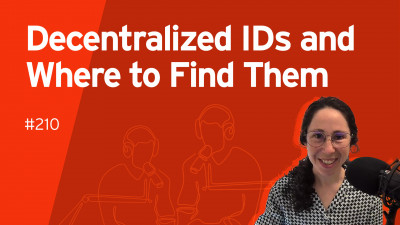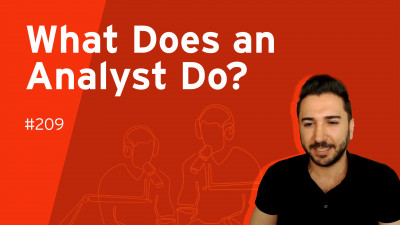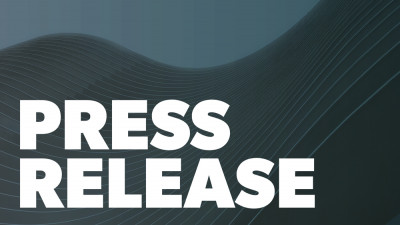Recently the “Internet Association” has been created. Their claim on the website is “We are the unified voice of the Internet economy”. They then state that they represent the interests of America’s (!) leading Internet companies and their global (!) community of users. The real message follows afterwards: “We are dedicated to advancing public policy solutions to strengthen and protect internet freedom, foster innovation and economic growth and empower users”.
This could also be read somewhat differently: We are the lobbyist organization which will try to avoid everything that can stop us from building our business based on the data we have obtained about our users. We don’t want enforcement of privacy laws. In fact, the Internet Association has been created in response to the DNT (“do not track”) and is targeted against the FTC (Federal Trade Commission) and others who are driving this concept. Do not track signals that the user doesn’t want tracking of his activities. Even while DNT has been the main reason for founding the Internet Association, this is just a symptom of the bigger topic behind.
Whether this empowers their users is more than questionable. It might empower users to use some features for “free”, which in fact is paying in the currency of privacy instead with real money. But it clearly doesn’t empower the users to better control their privacy on the Internet.
When looking at the list of the (as of now) fourteen members of this association, it comes as no surprise that the usual suspects like Facebook, Google, or LinkedIn are amongst them – all of them with a long history of dealing with privacy in a questionable way. On the other hand, Microsoft is not a member of that community.
It is very important to understand what this association is about. The understanding of “internet freedom” is more the one of a robber baron, not the one of democracy. It is about their freedom to do business the way they want, not being hindered by privacy regulations. It is not about the freedom of choice for the users to decide about what happens with their data. My colleague Craig Burton some time ago has written a post in another context – but his claim therein applies here as well:
Freedom of Choice != Your Choice of Captor
The counter argument to this position is that users might want to personalize their online experience, like “tell me when I’m near something I’m interested in”. So tracking in and of itself is not necessarily bad. However, who is doing the tracking and what happens to that data is problematic.
The point is: It is still about freedom of choice. DNT enables the user to make his decisions. Best of all that is done in a way where the user can opt-in for tracking, where he can opt-out, and where he can decide about who can track and who not. Given that there is massive tracking without any information to the user today, DNT technology and regulation is mandatory from my perspective.
Besides this, I’m not really convinced by the results of tracking. Even in the days of big data, we end up with two problems: My historic interest doesn’t necessarily match my current interests. And even when it matches, the proposals made frequently are just weak. To give you an example: Some time ago I had been looking for some new camera lenses on Amazon (I buy a lot via Amazon mainly due to the simplicity and the reliable delivery). I’ve been only looking for FX lenses for the Nikon system (full format sensor). Amazon right afterwards started sending me masses of mails with proposals of lenses for the DX system (APS-C format sensor) and other things I definitely don’t need.
So to sum up:
- I strongly believe in the right of the individual to have freedom of choice. That clearly applies to tracking in the browser and on mobile devices.
- Tracking might be helpful – but despite all efforts and big data technology, the results provided today are at best mediocre (on average).










































